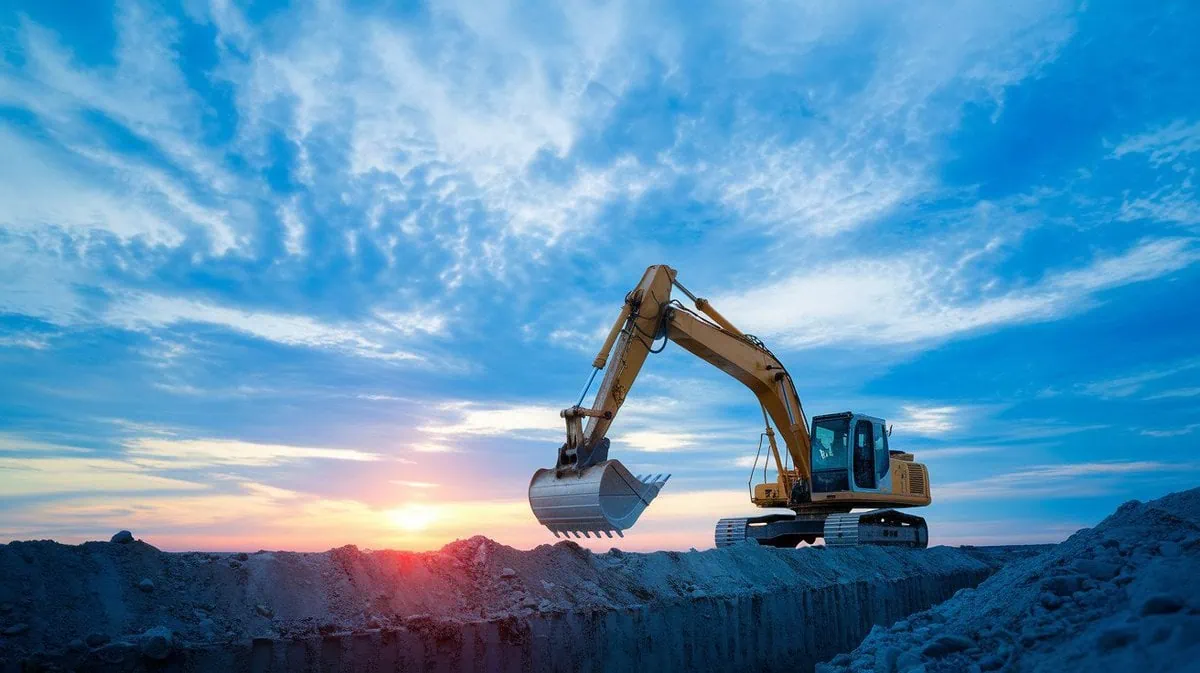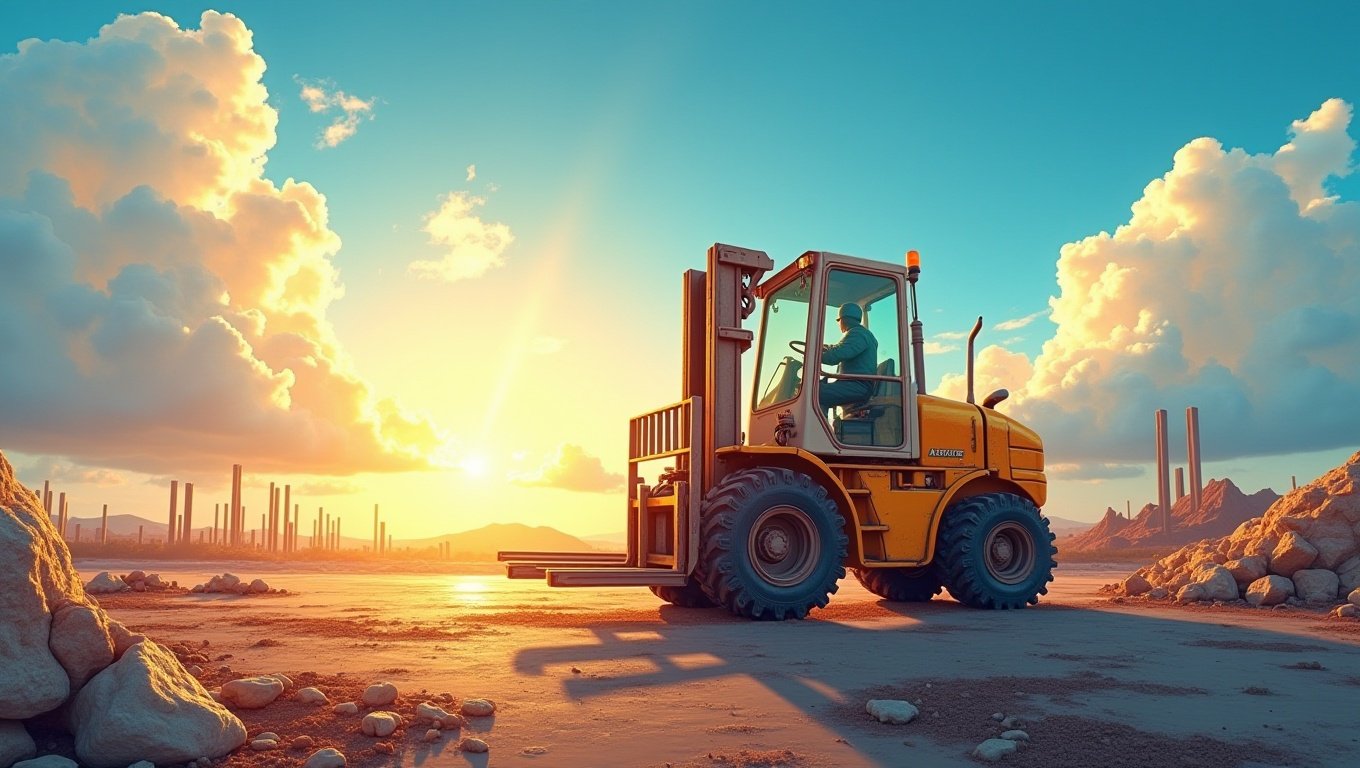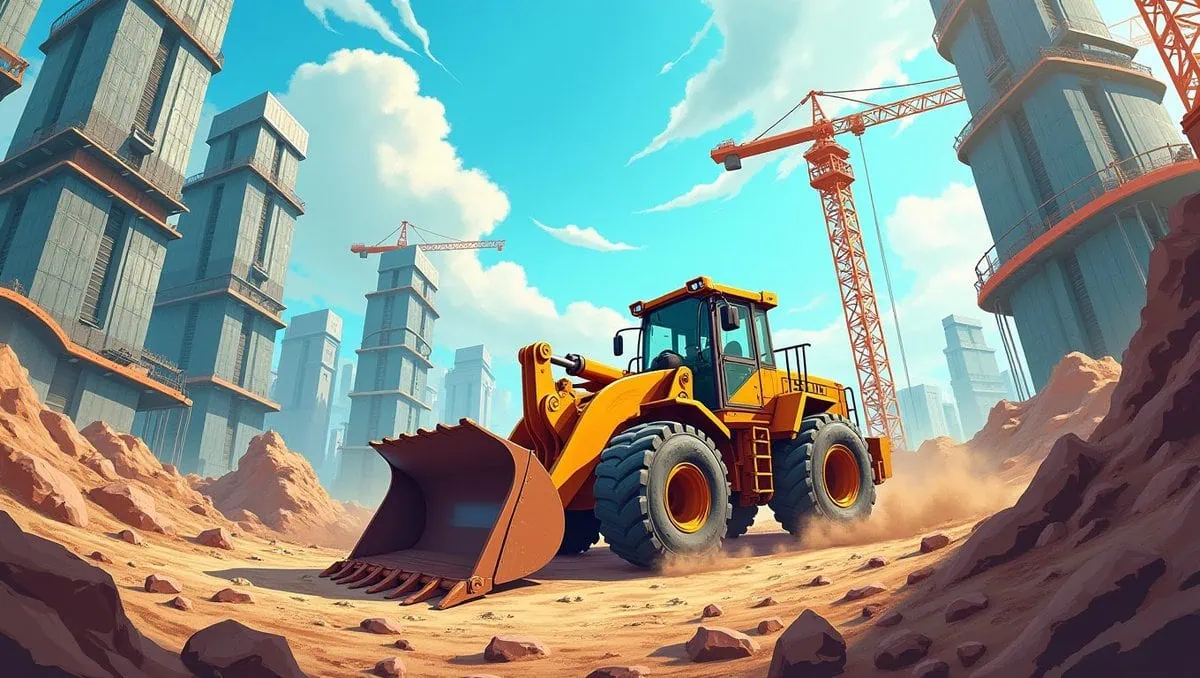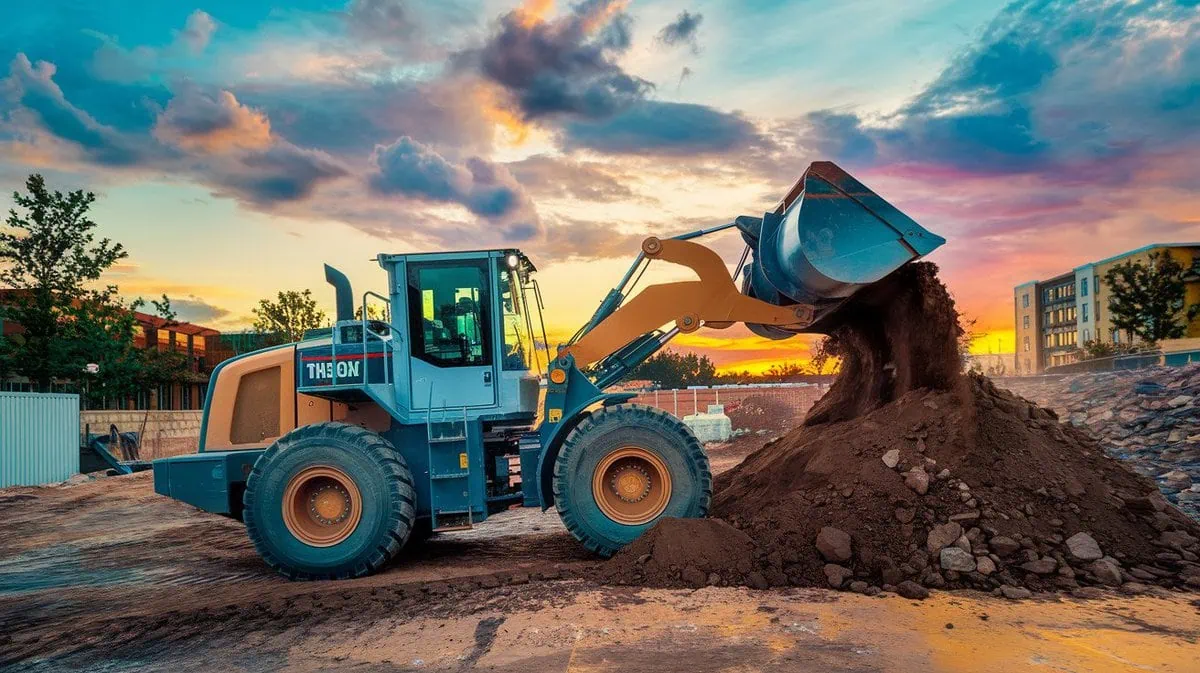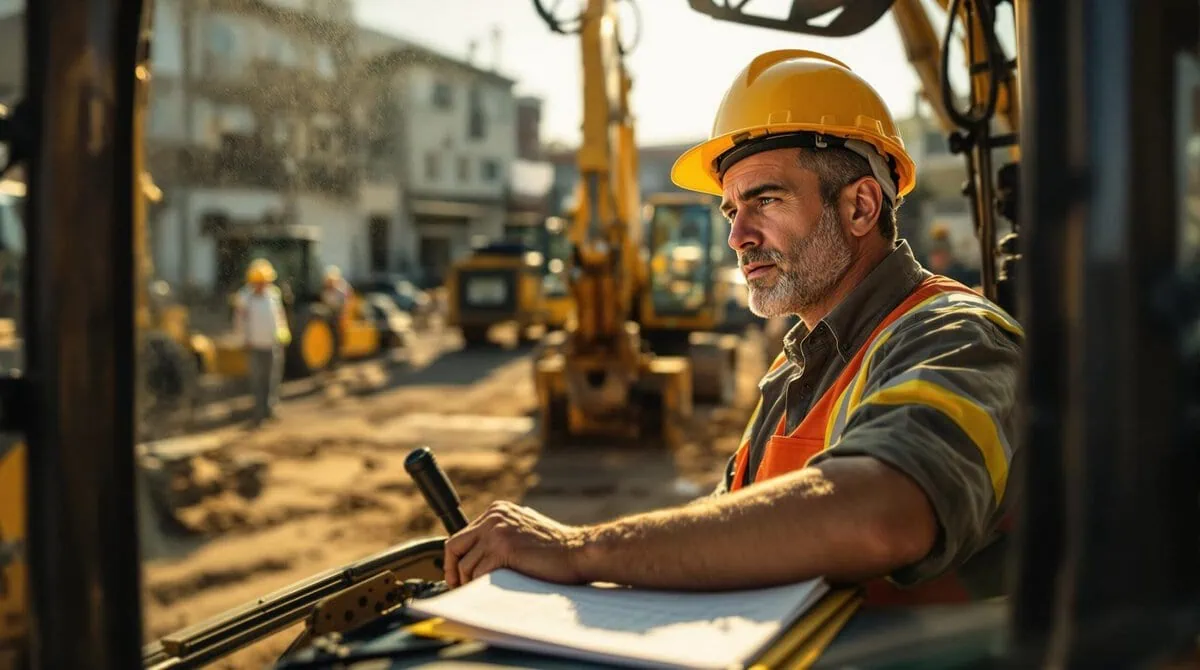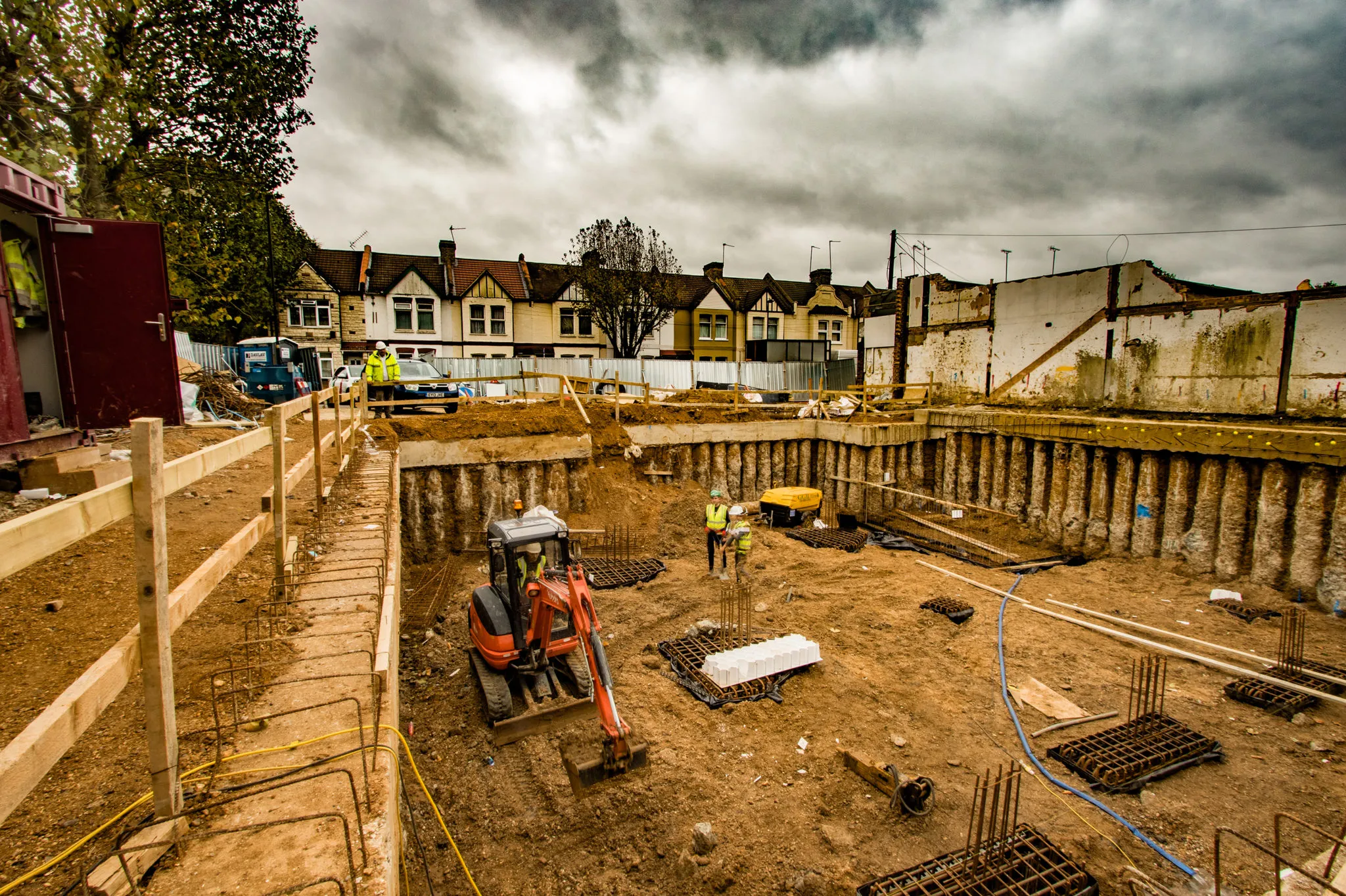When you’re looking to buy a used excavator, choosing the right brand and model is crucial to ensuring your project’s success. With so many options on the market, it can be overwhelming to make the right decision.
How do you know which machine will meet your specific needs? What factors should you focus on to ensure you’re getting the best value for your money? This guide will help you understand how to choose right used excavator brand and model, so you can make the best decision for your work and budget.
How to Choose Right Used Excavator Brand and Model?
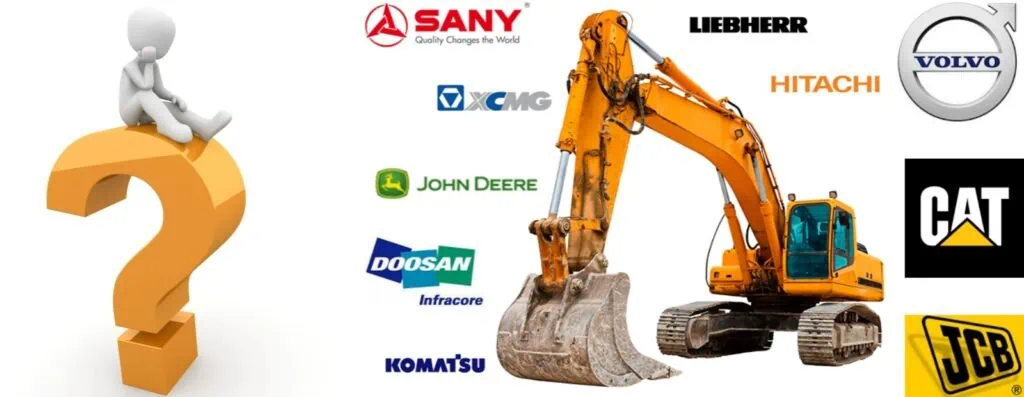
Selecting the appropriate used excavator brand and model is critical for the success of your construction project. You might be tempted to go for the cheapest option, but this often leads to disappointment if the machine doesn’t perform as expected. Whether you’re looking to cut costs or ensure better efficiency, choosing the right excavator is essential for your operations. This guide will walk you through the process of choosing the best brand and model for your specific needs, helping you make an informed, confident decision.
Understanding the Basic Features of Used Excavators
Used excavators are an attractive choice because they typically cost much less than new models. However, there are important factors you must consider to ensure you’re getting a machine that will continue to perform well. When you buy a used excavator, its previous use and maintenance history play a significant role in its reliability.
The most important aspects to consider are:
- Machine Hours: The number of operating hours indicates how much the excavator has been used. Low hours typically suggest less wear and tear.
- Registros de mantenimiento: Knowing whether the excavator has been regularly serviced can help you avoid future issues.
- Wear and Tear: Inspect key components like the engine, hydraulic systems, and undercarriage. A thorough check will help you assess whether the machine is likely to perform for years to come.
By doing a detailed inspection, you can avoid purchasing an excavator that could end up costing you a lot more in repairs and downtime.
Factors to Consider When Choosing an Excavator Brand
The brand of an excavator can tell you a lot about its quality, longevity, and support services. Here are some key factors to help you evaluate a brand:
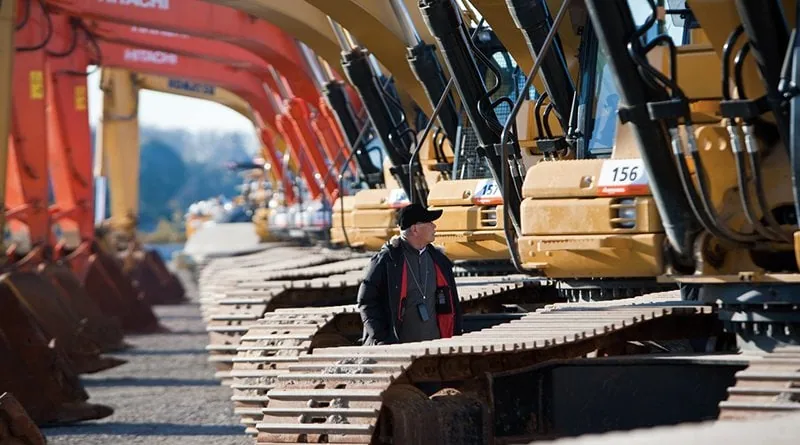
Reputación de marca
A well-established brand like CAT, Komatsu, or SANY is known for producing high-quality, durable machines. These brands may come at a premium, but they’re typically more reliable and require fewer repairs over time. Additionally, you can expect a greater availability of spare parts and support services.
Technical Support and After-Sales Service
Brands that offer strong after-sales support and a wide network of service centers are especially valuable. You don’t want to be left stranded if something goes wrong with your used excavator. Reputable brands typically provide reliable technical support, which can be a lifesaver when problems arise.
Durability and Reliability
Established brands like CAT and Komatsu offer excavators that have been proven to work in tough conditions. These brands have a track record of producing machines that last, making them ideal for long-term use.
Environmental and Safety Standards
Many major excavator brands adhere to global safety and environmental standards, making their machines more sustainable and better suited to international projects. If your work involves meeting specific environmental regulations, choosing a brand that complies with these standards will save you from potential fines and hassles.
How to Choose the Right Excavator Model

Choosing the right model depends on the type of work you plan to do. Here’s a breakdown of various excavator models and how they fit different needs:
Mini excavadoras
If you need a machine for small-scale work in tight spaces, a mini excavator (1-5 tons) is the ideal choice. These machines are lightweight and highly maneuverable, making them perfect for city road repairs, landscaping, or working in confined areas.
Pequeñas excavadoras
Small excavators (6-10 tons) offer a balance of power and versatility. They can handle medium-sized construction tasks such as trenching and small infrastructure projects. Their compact size allows them to navigate narrow spaces while still offering enough power for larger jobs.
Excavadoras medianas
Medium-sized excavators (10-20 tons) are suited for larger construction projects such as demolition, land reclamation, and digging deep trenches. These machines offer increased stability and power, making them perfect for heavier tasks while still maintaining maneuverability.
Large Excavators
For heavy-duty operations like mining and large-scale earthmoving, large excavators (20+ tons) are essential. These machines are designed to handle extreme workloads, providing high digging power and performance in challenging environments.
Choosing Based on Terrain and Job Conditions
If your work involves rough or uneven terrain, a crawler excavator might be the better option. Crawler excavators offer superior stability and traction, making them ideal for tough or off-road conditions. In contrast, if you’re working on smooth, paved surfaces, a wheel excavator can provide faster mobility and better fuel efficiency.
Recommended Brands and Models of Used Excavators

Now that you know what to look for, let’s dive into some of the top brands and their best-used excavator models:
Crawler Excavators:
CATERPILLAR
CAT 315D2GC: A versatile medium-sized crawler excavator, the CAT 315D2GC offers excellent fuel efficiency and operational stability, perfect for medium-sized projects.
GATO 320D: Known for its exceptional durability and digging capacity, the CAT 320D excels in heavy-duty tasks and large-scale operations.
CAT 336D: A large crawler excavator, the CAT 336D is designed for tough jobs like mining, large-scale construction, and earthmoving.
Komatsu
PC200-8: This medium-sized model is highly regarded for its stability and reliable performance, making it ideal for infrastructure and construction projects.
PC300-7: A larger model that offers superior power and performance, perfect for heavy-duty construction and mining projects.
NÚMERO
SY135C: Known for its fuel economy and strong operational capabilities, the SY135C is a great option for medium-sized projects and urban construction.
SY365C: This larger model is built for heavy-duty tasks, offering impressive stability and digging power for mining and earthmoving.
Wheel Excavadoras:

Oruga
M315D: The M315D is a reliable wheel excavator ideal for urban construction and roadwork. Its mobility and speed make it a great choice for projects requiring quick movement across paved surfaces.
Doosan
210W-7: The Doosan 210W-7 is a popular wheel excavator that combines power with stability. It’s perfect for general excavation tasks in urban settings or on smooth surfaces.
hyundai
210W-7: This model is known for its stability and speed, making it perfect for urban construction projects that require a fast turnaround time and easy maneuverability.
Additional Factors to Consider When Purchasing a Used Excavator
Managing Your Budget
While used excavators are generally more affordable than new models, you still need to be careful with your budget. Ensure you allocate enough funds for transportation, inspection, and any potential repairs.
Machine History and Maintenance
Before buying a used excavator, always request the machine’s maintenance history. Check if it has had regular servicing, and ensure there are no signs of major repairs that could indicate problems in the future.
Quality Inspection
A thorough inspection can save you from making costly mistakes. Look for any signs of wear on the undercarriage, engine, and hydraulic systems. If you’re unsure, consider hiring a professional inspector to check the machine.
Transport and Paperwork
If you’re buying the excavator from another region or country, remember to account for transportation costs and ensure you have the right paperwork, especially if importing it internationally.
Common Mistakes to Avoid When Buying a Used Excavator

When purchasing a used excavator, it’s essential to avoid some common pitfalls that could lead to costly mistakes:
1. Skipping the Inspection
Always inspect the machine thoroughly, either yourself or with a professional mechanic. Look for leaks, undercarriage wear, and hydraulic issues to avoid hidden problems.
2. Ignoring Maintenance History
Request detailed maintenance records to ensure the machine has been well-maintained. This will help you avoid unexpected repair costs.
3. Focusing Only on Price
Don’t let a low price blind you to potential hidden costs. Consider fuel efficiency, maintenance costs, and resale value for a better long-term investment.
4. Not Matching the Machine to Your Project
Ensure the excavator you choose is suited for the specific tasks you need. Think about terrain, workload, and reach requirements.
5. Disregarding Brand Reputation
Opt for well-known, reliable brands like CAT, Komatsu, or SANY. These brands offer better support, reliability, and easier access to parts.
6. Overestimating the Importance of Low Hours
A high-hour machine can still be a good buy if it has been properly maintained. Focus on the overall condition rather than just the operating hours.
7. Skipping the Paperwork
Ensure all necessary paperwork, including ownership transfer and inspection certifications, is completed to avoid legal and logistical issues later on.
By avoiding these common mistakes, you can make a more informed decision and get the best value from your used excavator purchase.
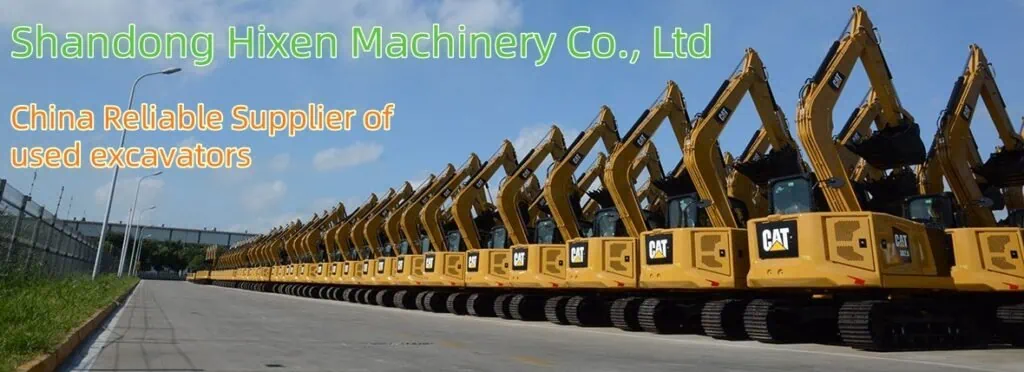
Conclusión
Choosing the right used excavator involves careful consideration of factors such as brand, model, condition, and suitability for your project. By following this guide, you’ll be equipped with the knowledge to make an informed choice, ensuring that your used excavator serves you reliably for years to come. Make sure you inspect the machine thoroughly, consider your project needs, and choose a model from a reputable brand to ensure maximum value and efficiency.

